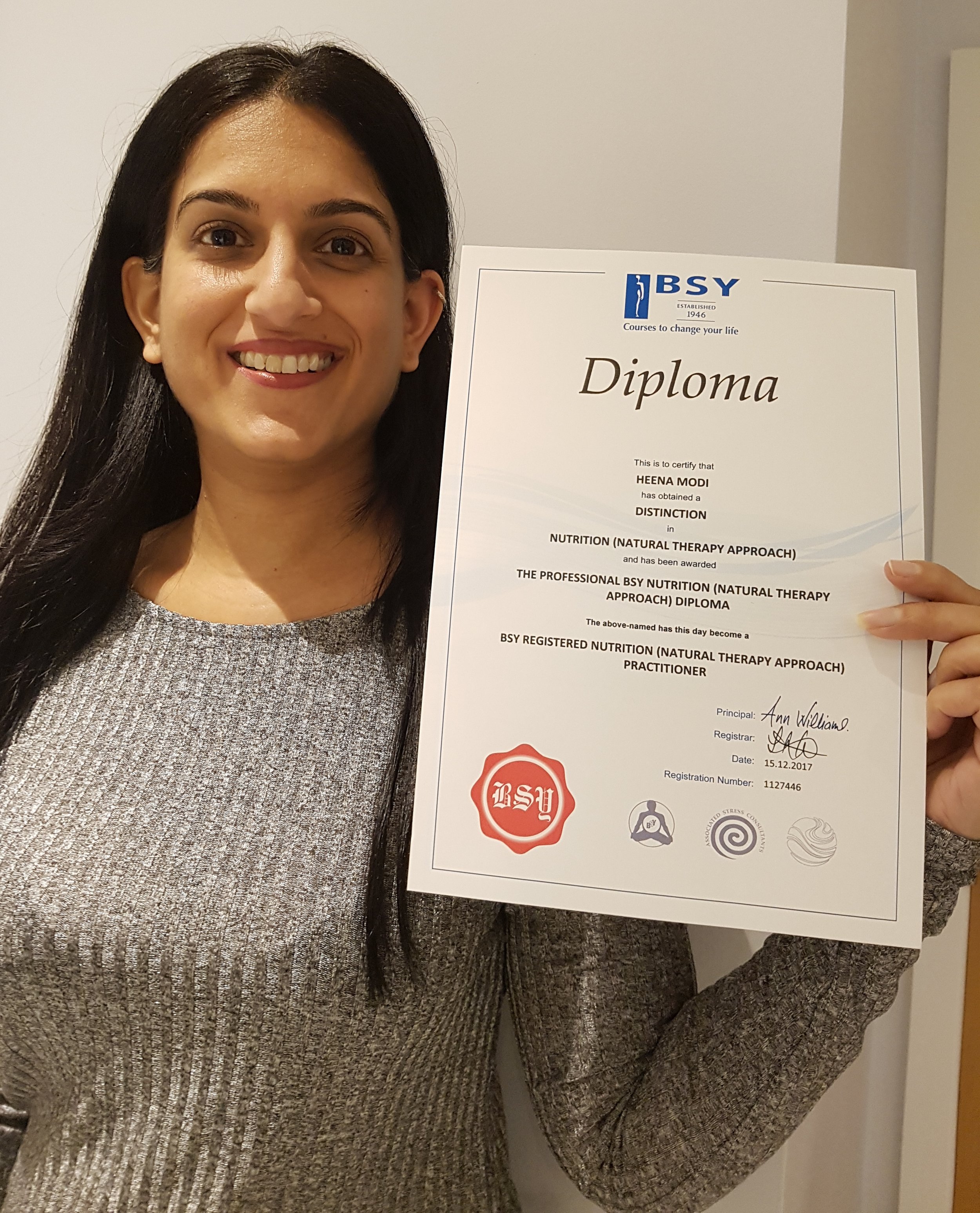It's funny, as a vegetarian, I didn't get asked about where I source iron from. However, when I shifted to a vegan diet, one of the questions I'd be asked is 'But where do you get your iron from? Don't you need to eat meat for it?' Some of us are comfortable in answering such questions, others don't want to, and for some, they'd like something to help them articulate a response.
Whichever category you fall into, it's worth reading what Gary L. Francione & Anna Charlton have to say about vegans and iron.
But…Will I get enough iron if I don’t eat meat?
Yes.
We need iron for the formation of blood. Women need more iron than do men and pre-menopausal women, and especially pregnant women, need more than post-menopausal women. Iron is a central part of hemoglobin, which transports oxygen from the lungs to our tissues. It is also a constituent of certain enzymes. Iron is found in two forms, heme iron, which is about 40% of the iron found in meat, poultry, and fish, and non-heme iron, which makes up the other 60% of iron in animal tissue and all the iron in plant foods. Heme iron is more easily absorbed than non-heme iron and this leads some people to fear that a vegan diet will not have enough iron.
Have no fear.
Studies have shown that iron deficiency anaemia is no more common among vegans than among the population generally. Many plant foods are actually higher in iron than animal foods. Spinach has 15.5 mg. of iron per 100 calories; steak has 0.9 mg. per 100 calories. Lentils have 2.9 mg per 100 calories; a pork chop has 0.4 mg per 100 calories. Whole grains, dried fruits, nuts, green leafy vegetables, seeds, and beans are also good plant sources of iron. Moreover, vegan diets tend to be higher in vitamin C, which increases the absorption of non-heme iron.
It is easy to obtain all the iron you need on a vegan diet, whether you are a man, woman (pre- or post-menopausal, or pregnant) or child. Indeed, it is easier to get all the iron you need from plant foods than from animal foods, and you’ll certainly have to consume fewer calories of plant food to get the iron you need.
Related content
Where do vegans get their protein from?
How do vegans get enough calcium if they don't eat dairy products?
Link to a book by Gary L. Francione & Anna Charlton: An exploration and rejection of the various excuses — the “Buts” — that keep us eating animal foods.







